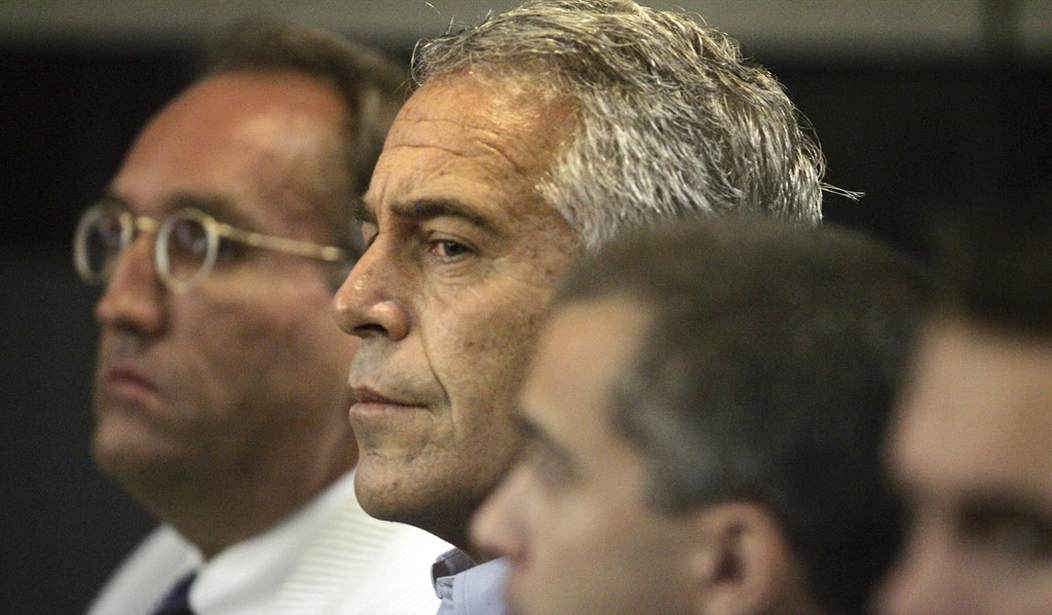Jeffrey Epstein, accused sex trafficker and convicted child sex offender, somehow committed suicide despite being in one of the most secure prisons in the nation this past Saturday, according to initial reports. However, shortly before he died, the billionaire perverted man of mystery gave the New York Times an exclusive, secret interview. This meant the NYT wasn't supposed to cite Epstein as the source for whatever he said during the conversation. But, now that he is dead, the paper released brief details of what that conversation looked like.
While in Epstein's lavish NYC townhouse, the self-admitted social pariah told James B. Stewart numerous sordid tales. The NYT writer says as far as he could tell, Epstein had no remorse for his actions. In fact, he even compared the way the public thought of having sex with underage girls, aka child rape, to the way homosexuality was viewed years ago.
via NYT:
...He said that criminalizing sex with teenage girls was a cultural aberration and that at times in history it was perfectly acceptable. He pointed out that homosexuality had long been considered a crime and was still punishable by death in some parts of the world.
Likewise, while sitting in the middle of photos of Epstein with sex scandal-ridden celebrities like president Bill Clinton and Hollywood celebrity Woody Allen, Stewart got the impression that the disgraced "businessman" had mountains of dirt on other ultra-wealthy individuals.
The overriding impression I took away from our roughly 90-minute conversation was that Mr. Epstein knew an astonishing number of rich, famous and powerful people, and had photos to prove it. He also claimed to know a great deal about these people, some of it potentially damaging or embarrassing, including details about their supposed sexual proclivities and recreational drug use.
Recommended
As Townhall has reported, lurid details of the investigation into Epstein's crimes and subsequent death are starting to leak out. But, the NYT story serves as a good insight into where his mind was shortly before he was arrested. In short, he was deceptive and lacking any kind of guilt. He also claimed to be advising Tesla and Elon Musk, but there isn't any strong evidence that was actually true. Regardless, the full story is well worth the read.

























Join the conversation as a VIP Member